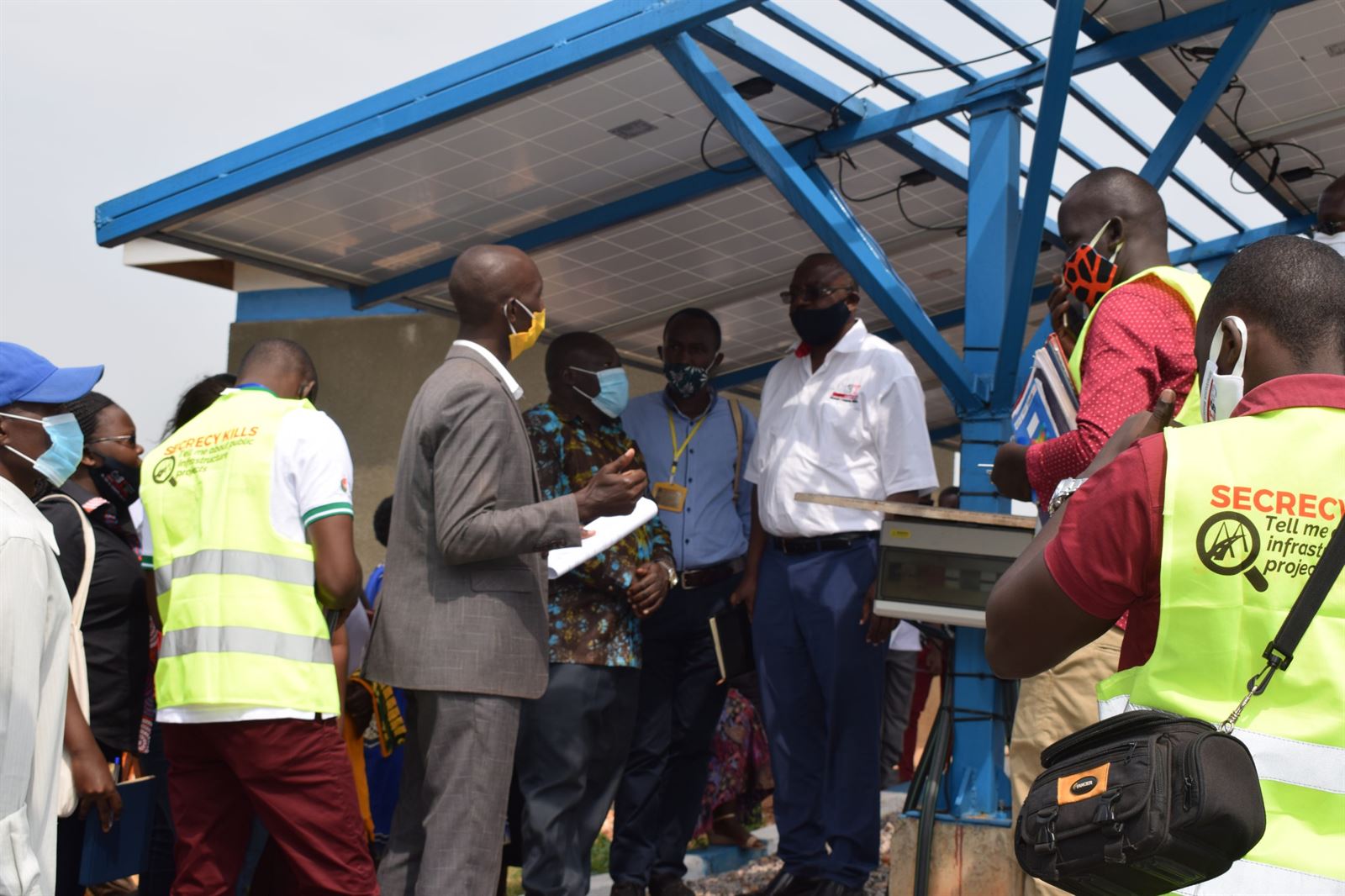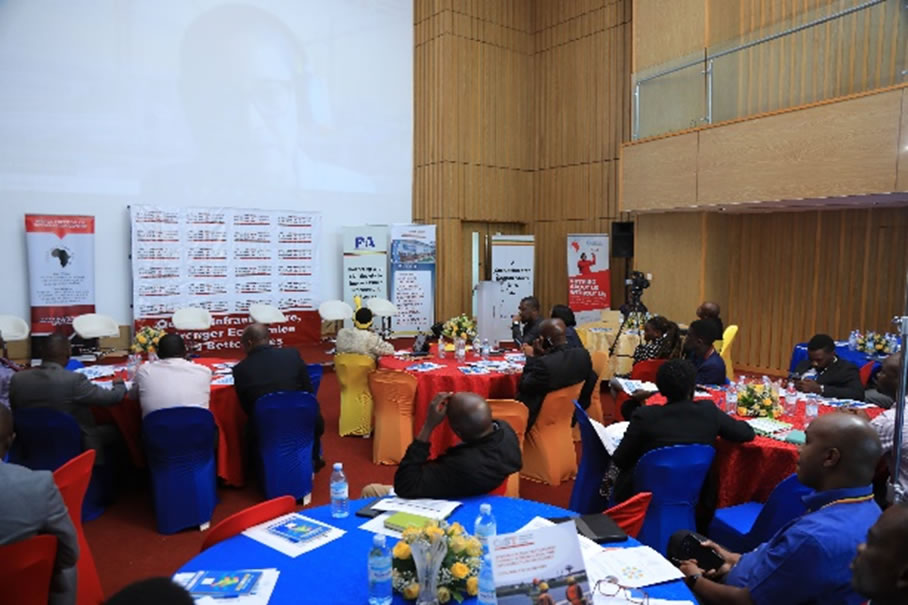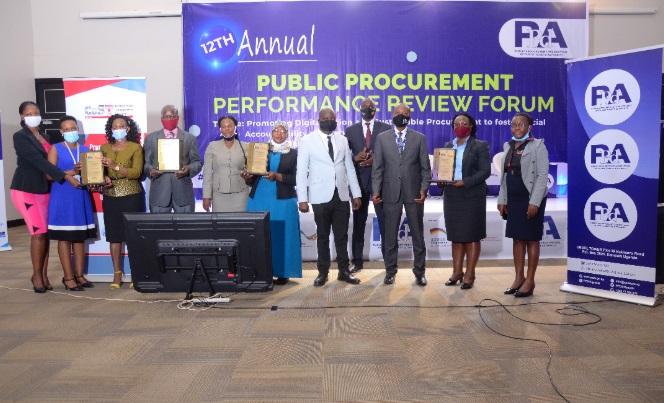
Credits to CoST International:
CoST Uganda recently brought together members of government, civil society, the private sector and the public for an ‘e-baraza’ to discuss the findings of new CoST research exploring key issues facing the country’s infrastructure sector. The Scoping Study, which assessed the progress made in addressing recommendations from a previous study undertaken in 2017, drew contribution from a wide variety of stakeholders involved in the infrastructure sector. The e-baraza was an opportunity for these figures to come together to discuss the study’s findings and establish opportunities to further strengthen transparency and accountability within the sector.
Key lessons and recommendations of the Scoping Study were presented at the e-baraza by Dr. Levi Kabagambe, a Senior Lecturer and Quality Assurance Director at Makerere University Business School. The findings show that the government has progressed on implementing 69% of the recommendations from the 2017 study, while civil society has implemented 60% and the private sector 50%.
The findings sparked lively debate amongst attendees, with participants from local businesses, government and the media posing questions to government representatives on issues including a heightened perception of corruption, and the challenges of ensuring data disclosed is user-friendly and accessible to those without a background in engineering. One participant pointed to the fact that the figures supplied are not commonly understood to those without expert knowledge, limiting the value of this information to the public more broadly. Debate also centred around a lack of implementation of legislation related to disclosure, a sentiment which was supported by the findings of the Scoping Study: 68% of those surveyed as part of the study acknowledged that Uganda has an adequate legal framework to support disclosure, but the implementation of these laws remains an area of weakness.
To address the gaps identified, the study provides the following recommendations:
- The government should strengthen the implementation of laws and policies on information access and enforce sanctions and penalties for noncompliance
- The Ministry of Finance should expedite the rollout of the electronic Government Procurement (e-GP) system to enhance information access, standardise data collection and storage, and reduce information asymmetry among the providers and the users of information among others.
The full report, including findings and key recommendations, can be accessed here https://www.cost.or.ug/download/reimagining-infrastructure-transparency-in-uganda_updated-country-scoping-study-report/



